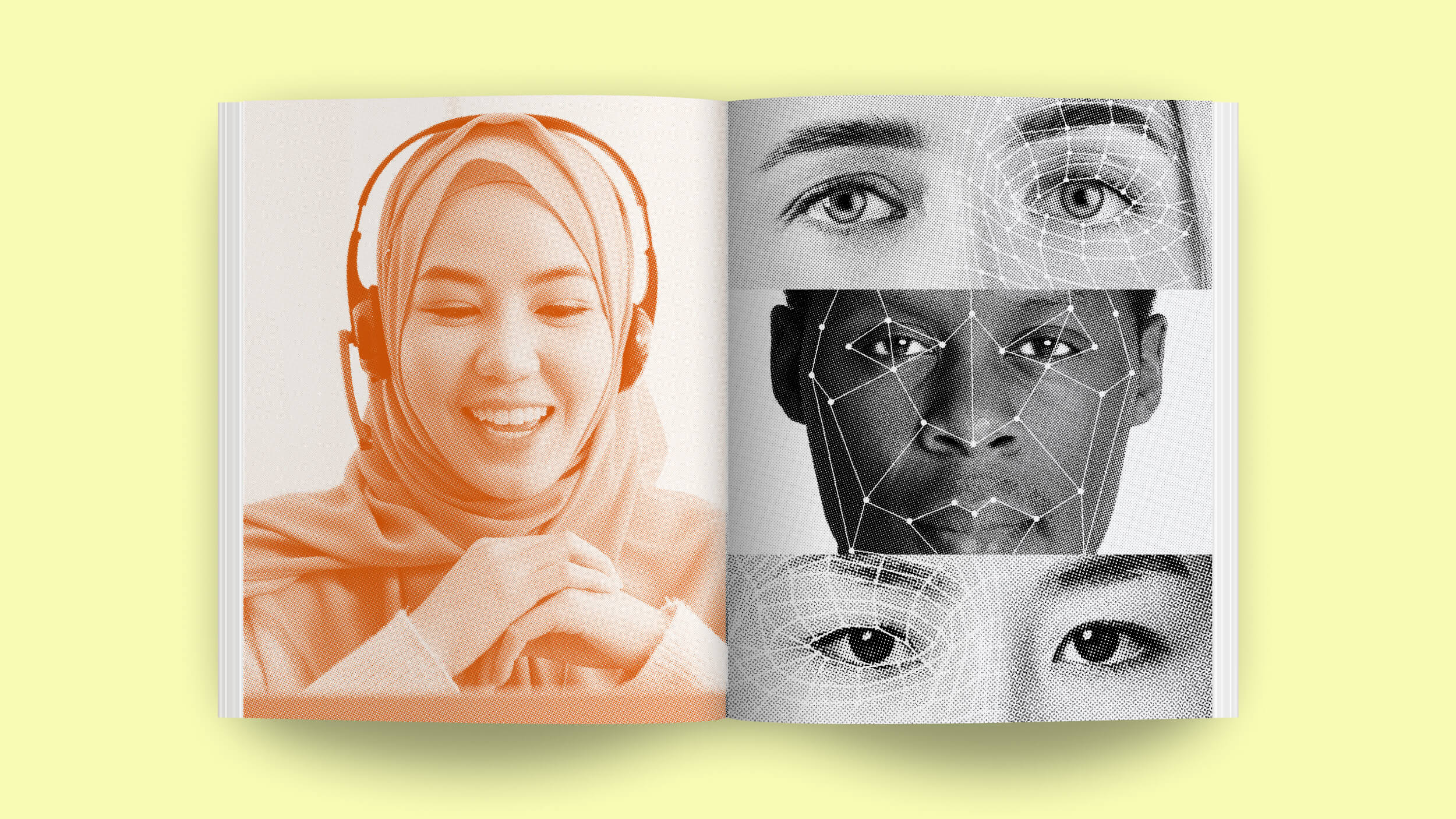Fear is the Mind-Killer

Mohr’s advice? Don’t run, and don’t go on the attack. Evaluate. There’s a difference between the fear you feel when your life is at risk, and the fear you feel when you’re taking a risk. “The late Rabbi Alan Lew talked about how in Hebrew there are many words for fear,” she says. You can calm down and figure out how to take action by identifying which kind you’re feeling. “Pachad” is the innate biological response that turns us into an irrational, Hulk-like mess. If you’re not actually clinging to survival, pachad is imaginary – meaning the face-burning panic you feel before giving a speech is no more real than what you feel during a suspenseful scene in a movie. Know it for what it is, suggests Mohr.
The other kind of fear is “yirah,” a word which means something close to awe in English. This is existential fear — the fear of standing up for yourself, being who you are, or realizing your full potential. Mohr describes yirah as the “sacred, trembling feeling” that we encounter at the possibility of the future. This type of fear can be powerful, if you recognize it. It is the deep anxiety many of us bring to the unknown.
What’s the Significance?
The next time you have to make a difficult decision or find a new approach, ask yourself whether the butterflies in your stomach signal a genuine possibility of harm, or “the sacredness of what you’re touching.”
An avowedly spiritual person who gets and respects skeptics, Mohr has used this zen advice to overcome a uniquely modern problem in her own life. As a blogger, she sometimes reads comments about her work that are harsh enough to make the heart jolt.
“I often feel a great deal of fear when I sit down to write,” she says. “If I’m saying something that is controversial or even just really vulnerable and bold, it becomes really hard to overcome it and press send. If I think of it as yirah, as a kind of sacredness that is part of my creative process, as awe of what it is to share what I think with the world, then I’m able to actually enjoy it and get a little excitement out of it and even want to write the kind of pieces that bring out that feeling.”





